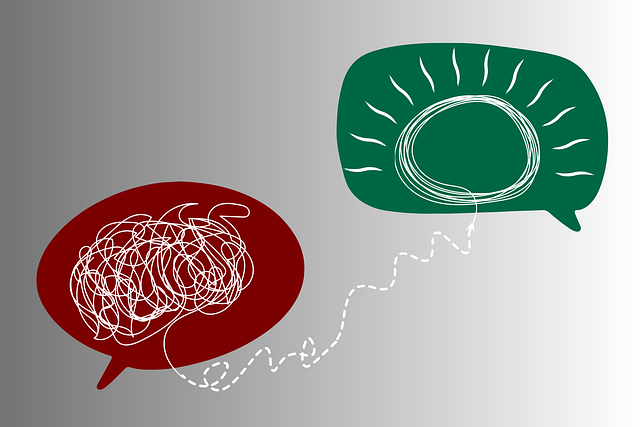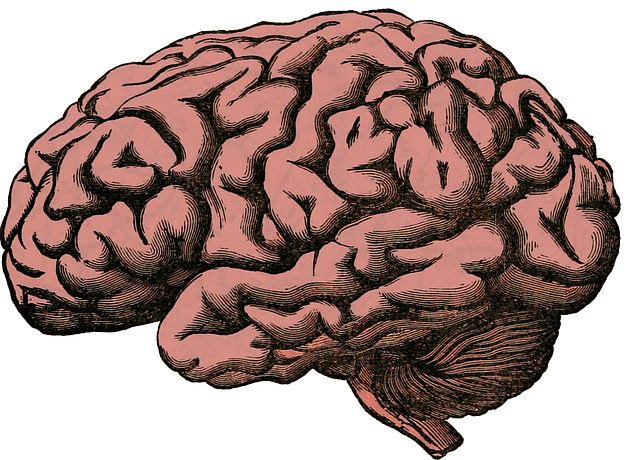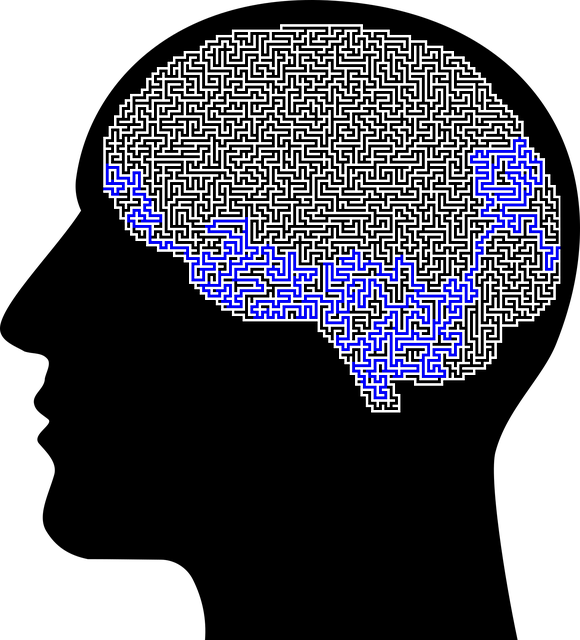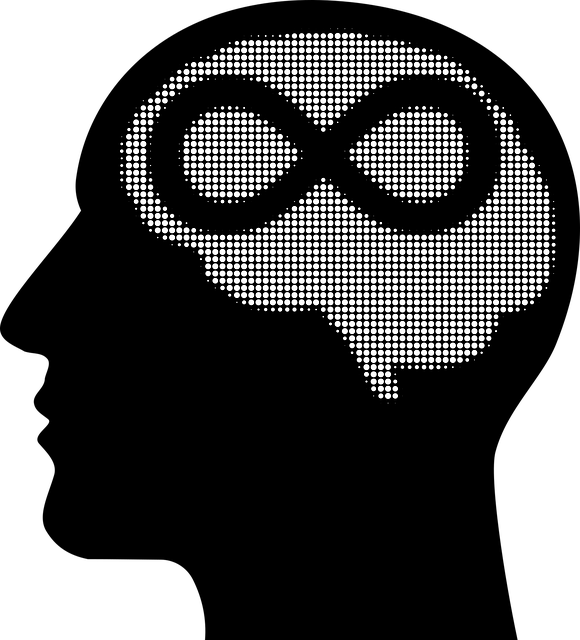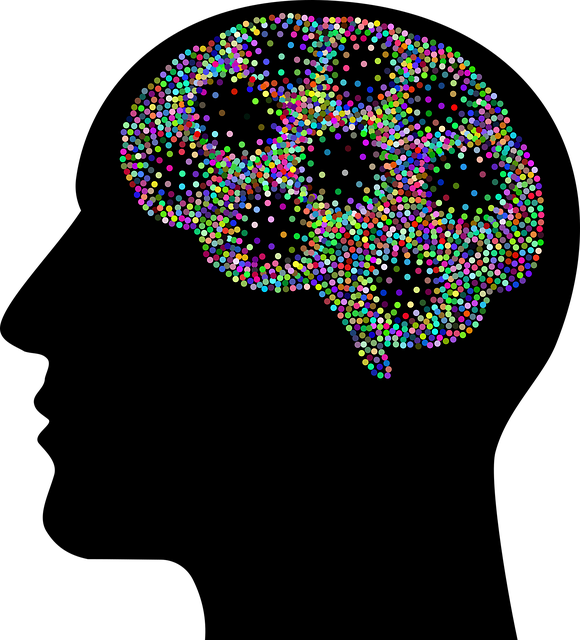Mental health education, exemplified by programs like Wheat Ridge Conduct Disorder Therapy, requires clear definitions and tailored interventions. These programs should include self-awareness, depression prevention, and emotional regulation techniques, with specific focus on targeted audiences like adolescents or parents. Utilizing structured curriculums, diverse delivery methods, and evidence-based practices ensures comprehensive learning. Evaluation through data analysis, satisfaction surveys, and impact assessments is crucial for continuous improvement and long-term benefits, enhancing the program's effectiveness in managing mental health disorders.
Mental health education programs play a pivotal role in fostering well-being and preventing conduct disorders. This article explores the design of an effective program, particularly focusing on Wheat Ridge Conduct Disorder Therapy. We begin by demystifying mental health concepts, targeting specific audiences, and structuring content for optimal engagement. The program’s delivery methods and evaluation strategies are then detailed, highlighting how these elements contribute to its success. By understanding these components, educators can enhance the impact of initiatives like Wheat Ridge Conduct Disorder Therapy.
- Understanding Mental Health: Defining Key Concepts and Terms
- Identifying Target Audiences for Wheat Ridge Conduct Disorder Therapy
- Program Structure: Content, Methods, and Delivery Strategies
- Evaluation and Impact: Measuring Success and Adjusting the Program
Understanding Mental Health: Defining Key Concepts and Terms

Mental health is a broad and complex subject, encompassing various conditions and states of well-being. Understanding mental health involves grasping key concepts and terms that often carry diverse interpretations. It’s essential to define these terms accurately, especially when designing educational programs aimed at improving mental health literacy. For instance, conditions like conduct disorder, a common issue among adolescents, require precise definitions to ensure effective therapy, such as Wheat Ridge Conduct Disorder Therapy.
This foundational knowledge includes recognizing the difference between normal emotional experiences and mental health disorders. Key concepts also involve self-awareness exercises that promote understanding of one’s thoughts, feelings, and behaviors. Additionally, programs should touch on depression prevention strategies and techniques for emotional regulation, which are vital aspects of overall mental well-being.
Identifying Target Audiences for Wheat Ridge Conduct Disorder Therapy

When designing a mental health education program, such as Wheat Ridge Conduct Disorder Therapy, it’s crucial to identify specific target audiences within the community. This strategic focus ensures that interventions are tailored to address the unique needs and challenges faced by different groups. For instance, programs aimed at adolescents in schools may emphasize peer-to-peer support and coping strategies for stress and anger management, while community outreach programs implementation targeted at parents could center on enhancing parental skills in discipline, communication, and recognizing early signs of conduct disorders.
Understanding the audience is key to effective program design. By integrating self-care practices into educational modules, Wheat Ridge Conduct Disorder Therapy can empower individuals with tools for managing their mental health. Incorporating this approach within a broader mental health education programs design facilitates a holistic understanding of well-being and fosters a sense of agency among participants. This, in turn, can lead to improved outcomes, as individuals become equipped to navigate life’s challenges more effectively.
Program Structure: Content, Methods, and Delivery Strategies

A well-designed mental health education program should incorporate a structured curriculum that covers various aspects of mental wellness and therapeutic practices. The content should be comprehensive, encompassing topics like stress reduction methods, burnout prevention strategies, and risk management planning for mental health professionals. It is crucial to equip participants with knowledge about different mental health disorders, including Conduct Disorder, often treated at Wheat Ridge facilities, and evidence-based interventions.
The program’s delivery methods can vary, offering flexibility to cater to diverse learning styles. Interactive workshops, group discussions, and guest lectures from industry experts can enhance engagement. Online modules or webinars can further expand accessibility, allowing professionals from remote areas to participate. Combining theoretical knowledge with practical exercises facilitates better understanding and application of learned concepts, ensuring a holistic educational experience.
Evaluation and Impact: Measuring Success and Adjusting the Program

Evaluation is a crucial step in ensuring the effectiveness and success of any mental health education program. By measuring key outcomes and participant experiences, programs like Wheat Ridge Conduct Disorder Therapy can identify what’s working and what needs improvement. This data-driven approach allows for continuous refinement and adaptation to better meet the evolving needs of individuals seeking support. For instance, tracking changes in participants’ symptoms, knowledge gain, and attitudes towards mental health can highlight areas where the program excels or falls short.
Impact assessment should go beyond mere satisfaction surveys. It involves comparing pre-and post-program data on relevant aspects like depressive symptoms, stress levels, and positive thinking patterns. By integrating these insights with feedback from participants and stakeholders, including mental health professionals, the program can implement effective risk management strategies. This might include refining teaching methods, updating content to reflect new research, or introducing supplementary resources to enhance overall impact and ensure long-lasting benefits for those engaging in Wheat Ridge Conduct Disorder Therapy.
In designing an effective mental health education program, such as the Wheat Ridge Conduct Disorder Therapy, a comprehensive approach is key. By understanding essential concepts, identifying specific target audiences, and employing strategic content delivery methods, this program aims to make a significant impact. The evaluation process plays a crucial role in measuring success and ensuring continuous improvement, allowing for adjustments to better serve those in need. Through these structured steps, the Wheat Ridge Conduct Disorder Therapy strives to create positive change, promoting mental well-being within its community.
